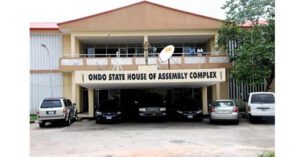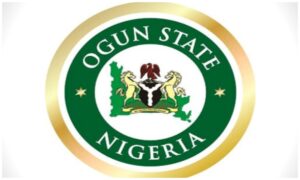


State Governments need to do better
Perhaps Nigerian citizens should, at this trying moment, begin to protest against their state governments because they are also responsible for the untold hardship. With the removal of fuel subsidy, the joint monthly allocations to various states have doubled, tripled in some cases but very little trickles down to the common man.
The lavish lifestyle of state governments, a total contrast to the reality on the ground of widespread poverty, remains unrestrained. This is the time to beam more searchlights on state governments because therein lies true governance. A situation whereby the more the Federal Government tries to stop the economic hardship, the worse it gets, shows that the problem doesn’t exist only at the centre.
Kaduna State Governor, Uba Sani, revealed in a recent television interview (TVC) that fuel subsidy removal is reflected in their state allocations, and they now have a “surplus of money,” therefore, his fellow state governments should give an account of what they have done with the money.
On his part, he said he was able to pay pensioners, death benefits and gratuities worth about N3.5 billion. He was also able to help smallholder farmers and small and medium-scale enterprises by distributing N4.3 billion among them, emphasising that Nigerians spread the blame for the economic conditions on states also. “Everyone in Nigeria that is blaming the President, for me, is missing the point. Government is about local governments, state governments and the federal government…” he noted.
Nigeria is now in one of its seasons of epiphany, it seems. Yes, government is about local governments because this is where the hungry Nigerians reside. This is where they are born, and when the chips are down, this is where they stand up to be counted. But has it ever worked this way? Operationally, there is little to no difference between the state and the local governments. The state is the big snake that swallows the small local snake. In plain terms, when allocations from the FG come, it is in a joint account for both state and local governments. Therefore, development at the grassroots is at the whim of the various state governors.
This week, a former local government chairman of the Ungogo Local Government Area of Kano State reveal on a live programme, on Human Rights FM 101.1, Abuja, noted that when the federal government removed subsidy on petrol, his LG monthly allocation rose from N250 million to N950 million, but not even a million was approved for any project in Ungogo.
Until we begin to interrogate the various expenditures of allocations, and demand a better structured legal accounting paradigm, Nigeria will never get out of this morass.
The Federal Government in a bid to change the narrative, has decided to cut costs by slashing President Tinubu’s trips, expenditures, and that of his Vice President, Kashim Shettima by 60 percent. According to the presidential media aide, official trips within the country, involving the President or the Vice President, will experience significant cost reductions. This is a result of the president’s directive to slash the substantial bills associated with allowances and estacode for security details traveling from Abuja to those states.
Financial autonomy must be granted to the local government in states that refuse to let this be. The internally generated revenues in various areas are being shrouded in secrecy without visible infrastructural development. Nigerians and the labour force should rise against this trend because until we get this right, there can never be a headway in this country.



